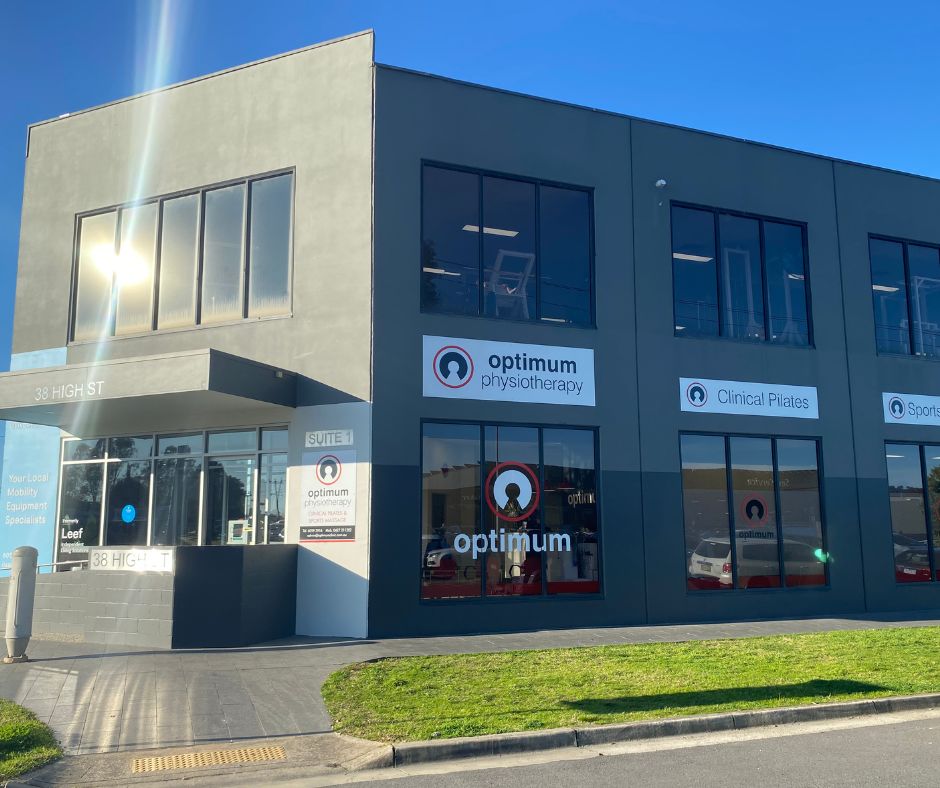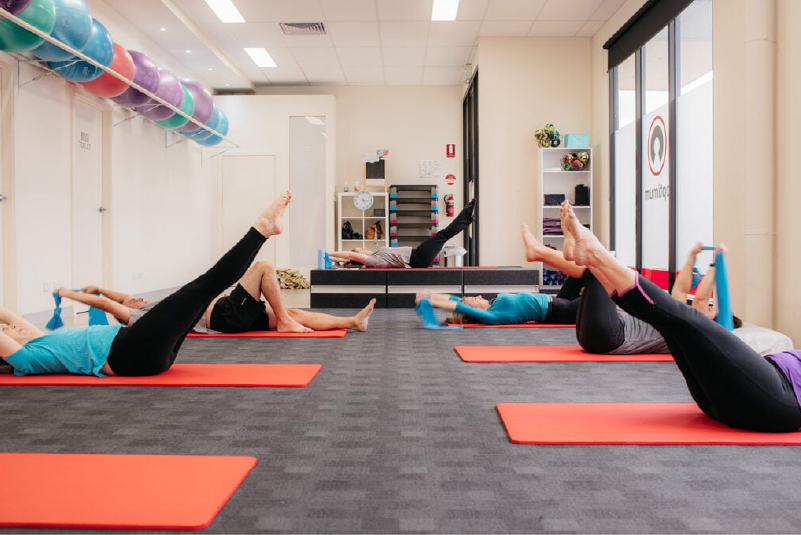Pilates is more than Just a Celebrity Fad and Why It Will Change Your Outlook on Health and Wellbeing
Most people think of Pilates as a fitness craze completed in boutique clinics by women wearing expensive activewear and meeting up for lattes. You may have even seen the internet meme “Pilates – I thought you meant pie and lattes.” Here we break down those stereotypes and change people’s views on the highly beneficial and holistic approach to exercise that doesn’t just “strengthen your core.”
But first, a background check on Pilates.
Pilates was created by Joseph Pilates, who developed the exercise system during World War I while he was a prisoner of war. Inspired by his own experiences overcoming illness through yoga, meditation, and ancient exercises, Joseph designed a series of movements that could be done even by bedridden patients. His approach included using pulleys and resistance springs to aid in recovery and strength building, and it proved highly effective.
After the war, Joseph taught his method to dancers and athletes in Germany and America. He believed that precise movement, breath control, and continuous flowing movement could correct abnormal patterns and improve daily function. Pilates emphasises core stability, rebalancing, and realigning the body, making it a powerful mind-body technique.
Today, Pilates is well-known for its mat work and machine-based exercises like Reformer Pilates. Extensive research supports its benefits, particularly for improving low back pain and other conditions. Now, let’s dive into the research and explore how physiotherapy-led Pilates can benefit everyone, from beginners to advanced practitioners.
The Science of Pilates: Why It’s Not Just About Flexing Your Abs in the Mirror
Now, I know what you’re thinking: “How can lying on a mat and pretending to be a human pretzel help me with anything?” But before you dismiss Pilates as just another way to spend money on a gym membership you’ll rarely use, let’s explore the research.
Pilates for Low Back Pain: The Real MVP
You’ve probably heard that Pilates is good for your core. But did you know that research backs up its benefits for people suffering from low back pain? A number of studies have shown that regular Pilates practice can significantly reduce pain and improve function in individuals with chronic low back pain. How, you ask? It’s all about stabilising those deep, hidden muscles that you didn’t even know existed—until they start hurting, that is.
Clinical Pilates in Albury and Wodonga, Victoria

If you’re in the Albury-Wodonga area and struggling with back pain, starting Pilates in Albury or Pilates in Wodonga could be your solution. Our clinic in Optimum Physiotherapy in High Street Wodonga, Victoria, offers tailored Pilates programs to address your specific needs, ensuring you get the best possible results.
Pilates Near me
Looking for a local class? Discover the difference Pilates can make in your life. At Optimum Physiotherapy, we offer classes that cater to all levels, from beginners to ninja level!
The Beauty of Breathing: It’s Not Just for Staying Alive
One of the most underrated aspects of Pilates is the emphasis on breath control. This isn’t just some new-age mumbo jumbo; breath control in Pilates is a game changer. Proper breathing not only helps you engage your muscles more effectively but also improves your mental focus and reduces stress. Imagine being so zen that even your chaotic morning commute feels like a peaceful walk in the park—okay, maybe that’s a stretch, but you get the idea.
Pilates at Home
For those who can’t make it to the clinic, Pilates at Home is a fantastic option. With a little guidance from our physiotherapists, you can master the art of breathing and movement right in your living room.
Learn the basics of pilates and the 5 key elements that you can do at home with Kylie, one of our Physio at Optimum
Physiotherapy-Led Clinical Pilates: Because Sometimes You Need a Pro to Keep You from Becoming a Human Pretzel
Now, here’s where the magic happens—Optimum’s Physiotherapy-led Pilates. Unlike your average Pilates class where you might be more focused on not toppling over than on your form, a physiotherapist-led session ensures that you’re doing the exercises correctly and safely.
Personalised Approach: No More Cookie-Cutter Workouts
Your physiotherapist at Optimum can tailor the Pilates exercises to your specific needs. Whether you’re recovering from an injury, dealing with chronic pain, or just want to improve your overall fitness, physiotherapy-led Pilates can help you achieve your goals without pushing you into positions that your body isn’t ready for. Think of it as a personalized roadmap to a healthier, happier you.
Rehabilitation Meets Pilates: The Best of Both Worlds
If you’re recovering from an injury, Pilates can be an integral part of your rehabilitation process. By focusing on strengthening the core and improving flexibility, Pilates helps restore movement patterns and reduce the risk of re-injury. Plus, with your physiotherapist guiding you, you won’t have to worry about accidentally transforming your rehab session into a contortionist act.
Wrapping It Up: Pilates Isn’t Just for the A-List
So, next time someone asks if you’re into Pilates, feel free to respond with, “Yes, and it’s not just for celebrities and their designer yoga mats.” Pilates offers real, tangible benefits that can improve your physical health and overall well-being. Whether you’re looking to alleviate chronic pain, improve your posture, or just find a workout that leaves you feeling refreshed instead of exhausted, Pilates might just be your new best friend.
And who knows? You might even start craving a side of Pilates with your morning latte.
Read more about What we do and What we treat.

